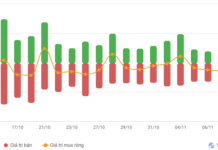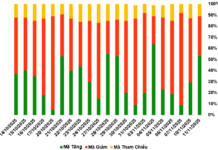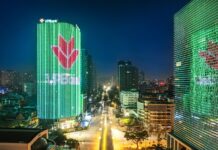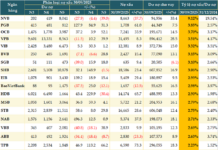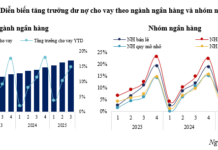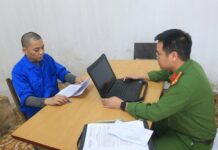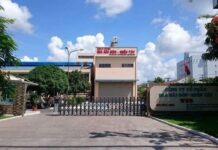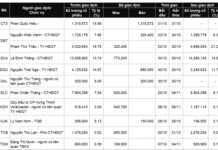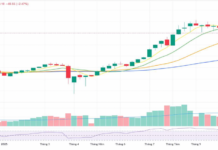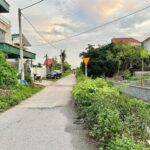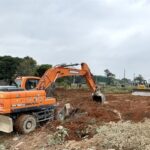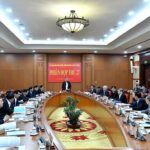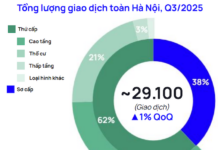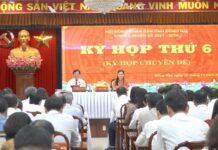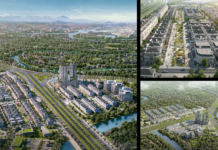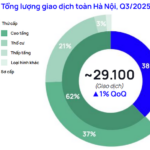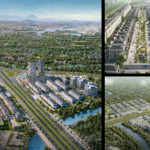The Ministry of Agriculture and Environment is seeking public feedback on a draft law amending and supplementing several articles of the 2024 Land Law, including a proposal to add two cases of land revocation.
According to the proposal, the state will revoke land to implement urgent construction projects for political and diplomatic tasks, as well as projects in free trade areas, international financial centers, and logistics. Large-scale projects such as urban areas, tourism, trade services, culture, and sports, decided by the provincial People’s Council, will also be supported by the state in land revocation.
In the case of projects implemented through negotiated land use rights, if the investor negotiates successfully with more than 75% of the land area or land users, the state will revoke the remaining land and allocate it to the investor.
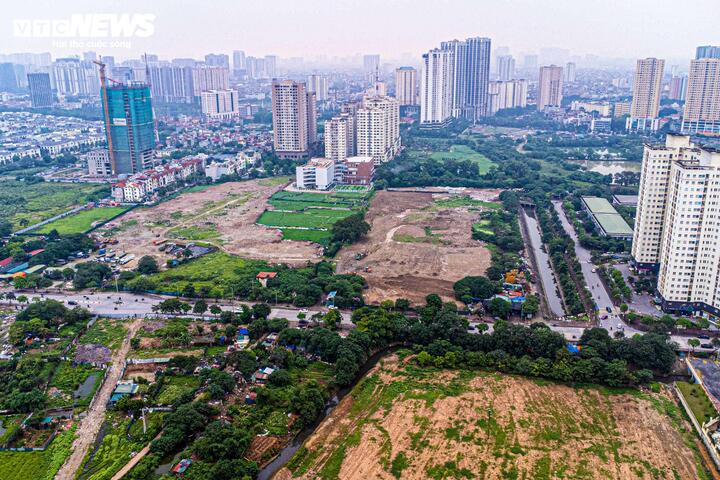
Proposed land revocation if 75% agreement with residents is reached. (Illustrative image)
Explaining the proposed amendment, the Ministry of Agriculture and Environment stated that the additional regulation aims to institutionalize the amendment and supplement to Resolution No. 18-NQ/TW proposed by the Government Party Committee and approved by the Central Committee in Resolution No. 69-NQ/TW: “Studying and considering expanding land revocation cases for socio-economic development in the national and public interest, in line with practical situations.”
The Ministry also pointed out that, in reality, there are many land-use projects (including urban renovation projects, mixed-use projects, free trade areas, international financial centers, logistics, tourism, trade services, culture, and sports) with large-scale areas that act as driving forces for local development and contribute significantly to state revenues. However, the lack of land revocation regulations poses challenges in land access and project implementation.
Specifically, the current Land Law does not include provisions for land revocation for projects with specific location requirements, urgent construction projects serving political and diplomatic tasks, projects in free trade areas, international financial centers, logistics, tourism, trade services, culture, and sports. Additionally, there is no provision for land revocation when the investor fails to negotiate the remaining land area.
Unlocking Double-Digit Growth for 2026-2030: Tapping into the Power of the People
With a vision of achieving double-digit growth in the 2026-2030 period, harnessing the power of the people will be the main driving force and the key to mobilizing all resources, laying a solid foundation for sustainable and comprehensive development.
The Trials of 2025: Unraveling the Scandals of the Phuoc Son, Thuan An, and Saigon – Dai Ninh Conglomerates
On December 31st, in Hanoi, the Central Steering Committee for Corruption, Waste, and Negative Behavior Prevention (the Committee) held its 27th meeting to discuss and evaluate the Committee’s performance in 2024 and outline its work program for 2025. The meeting also focused on the results of the Committee’s supervision and handling of cases and trials under its jurisdiction in 2024, along with other significant issues.


